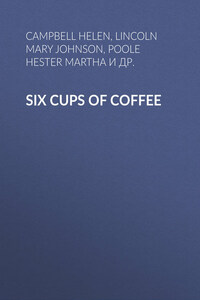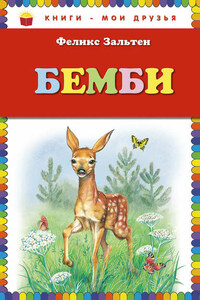IN war times, after a battle or a long march, how the soldiers enjoyed their coffee! And in many cases it was pretty poor coffee, too, though to them it seemed fit for the gods. The delicious aroma which arose made their feelings of weariness or depression vanish for a while, and the beverage itself cheered them in a marked degree. Nothing could take its place; nothing can take its place to-day. The consumption of coffee in this country is enormous. Rich and poor alike must have it. But it is a common complaint that a cup of good coffee is the exception rather than the rule. Considering the low price of the raw material, this should not be the case. People are prone to think that they know all there is to be known about coffee, and do not take pains to learn what special qualities different brands possess, and what the most approved modes of making coffee are.
Time was when a Mexican or South or Central American coffee was considered an inferior article. To-day some of the best coffees come from these places. For example, one of the most delicious coffees which is brought into this country comes from Guatemala. It bears the name of "Las Nubes" (The Clouds), which it takes from the plantation where it is grown. There is an odd bit of history connected with this plantation. A Scotchman named Nelson owned it, and was coining money from it, when he was banished from the country by President Barrios, and his property was confiscated. It is now owned by the widow of Barrios. The annual yield from it is four hundred and fifty thousand pounds. A large proportion of this goes to England, where it brings a higher price than here.
There are two kinds of coffee, – the strong and the mild. To the first class belong the Rio and Santas, and to the second, the Java, Mocha, Maracaibo, and, indeed, almost all the other kinds. When a rich, smooth beverage is desired, a combination of Mocha and Java – or some coffee that has the qualities of Java – should be used; but when a very strong flavor is liked, Rio or Santas should be taken. The supply of Java meets only about one-fifth of the demand. For this reason many other mild coffees are sold under the name of "Java." Good Maracaibo is equal to Java, and is constantly sold under that name. A combination of one pound Mocha, one pound Rio, and two pounds Java or Maracaibo will give a rich, strong-flavored drink, but not so smooth as if the Rio were omitted.
When buying the berry, pause for a moment to think how you like your beverage. Do you want it smooth and of delicate flavor? Take one-third Mocha and the rest Java or Maracaibo. Do you want it strong? Use all Rio, or temper that brand by combining it with some one of the mild kinds.
A large proportion of housekeepers buy their coffee roasted, and many also buy it ground. If coffee, while still hot from the roaster, were put into vessels almost air tight, and kept in them until ground for use, the improvement in the drink made from it would amply repay for the trouble taken. Much of the fine aroma is lost before the roasted bean reaches the housekeeper, and there is even a greater loss if the coffee has been ground for a considerable time. These are some of the disadvantages which must be endured when one buys coffee already roasted. But, on the other hand, unless the roasting be done very carefully, the coffee will not be good. A few burnt beans in a quart will ruin the drink. When careful attention to roasting cannot be given at home, it will be better to buy a supply already roasted, but never ground. A French small mill, which can be regulated to grind coarse or fine, can be bought for about a dollar and a half. With care it will last for ten or twenty years. Some firms put up coffee in tin cans. It costs more, but retains so much of the aroma as to be well worth the extra price.








